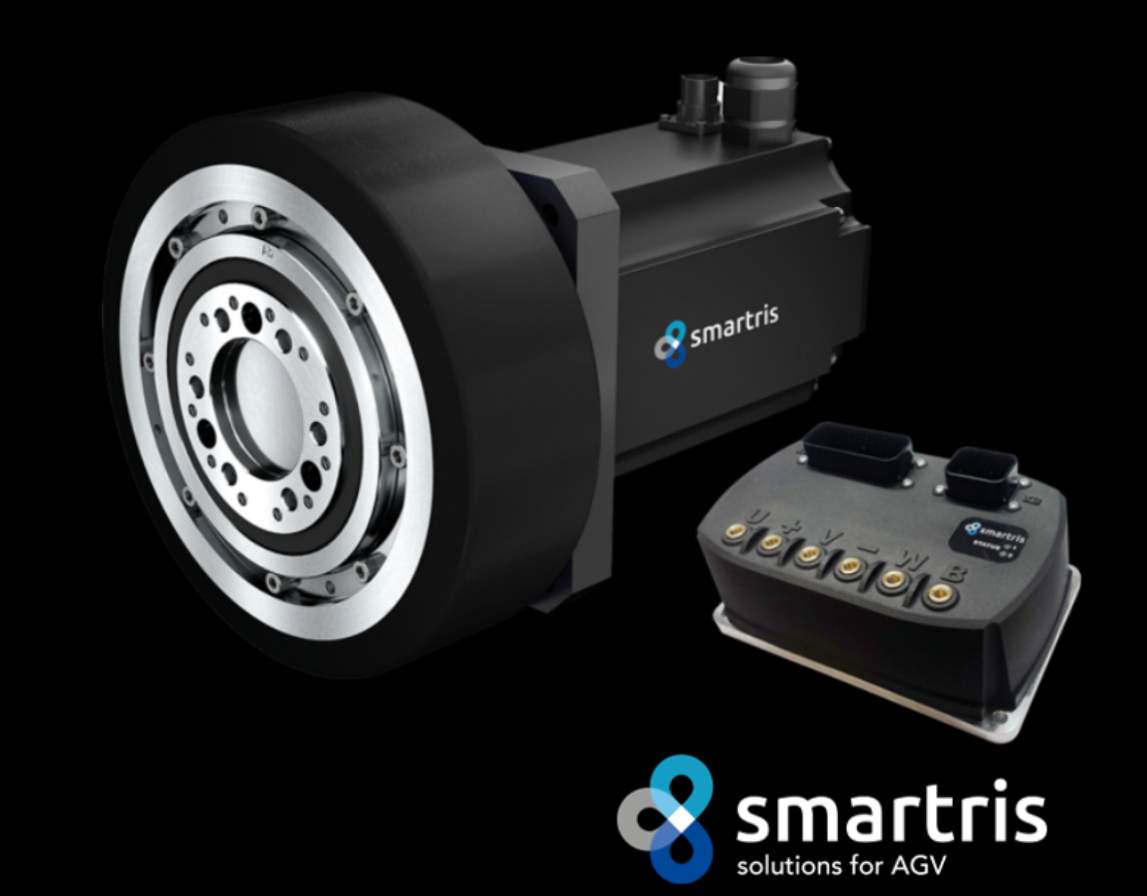With peak season rapidly approaching, logistics companies are once again preparing for the busiest time of the year. Typically, the rush leading up to Black Friday, Christmas, and Boxing Day sales means a surge in demand, with consumers snapping up deals and bagging a bargain. However, the peak period has slowly started to extend beyond the usual end of year rush, and logistics companies are being forced to scale up their operations sooner than ever before.
As a result, businesses will hire additional staff over the next few months, ranging from warehouse workers to drivers, to handle the increased volume. However, blindly adding more staff is no longer the answer – or in some cases, due to the driver shortages, even harder to do anymore. Now, having the right technology in place early is essential to deliver a flawless service during this critical period.
Andrew Nowell, Sales Director at Trimble, believes that in a season where every minute counts and consumer expectations are at an all-time high, commercial mapping and routing technology can support logistics companies by staying ahead of the curve and delivering a 10/10 service when it matters most.
Fail to Prepare Then Prepare to Fail
Unlike five years ago, when planning for peak season involved the use of manual tools and guesswork, today’s data-driven insights allow companies to forecast with confidence what Q4 will look like. When it comes to last-mile delivery, mapping and route planning technology is specifically designed for fleets and commercial vehicles, offering historical data and strategic and operational strategies to create precise plans ahead of time. Ultimately, this technology allows logistics businesses to optimise delivery routes, ensure the best utilisation of the fleet, and maintain driver retention, which is key in an industry where every parcel company is competing for additional peak season drivers.
Boosting the Onboarding Process
Commercial mapping and routing technology can be a game-changer for peak season drivers. For example, with companies onboarding seasonal specific or inexperienced drivers who are unfamiliar with routes, advanced mapping tools can really simplify the process, making a new driver’s day-to-day a lot less stressful. The reason for this is that these tools enable new drivers to confidently navigate unknown areas by providing them with optimised routes and historical traffic data.
This means that even someone unfamiliar with a route can be handed a van loaded with parcels, and they would be able to successfully complete their deliveries. This capability not only helps the drivers ease into their new job, but also improves their efficiency. Without this technology, logistics businesses’ would ordinarily have to assign fewer parcels and avoid late-night routes for inexperienced drivers in order to make the learning curve less daunting. However, with smart mapping technology helping to integrate staff into a business’s delivery ranks seamlessly, companies gain the ability to onboard new recruits in days rather than the weeks or months it traditionally takes – which is crucial during the peak season when time is of the essence.
Boosting Employee Retention
Due to the fact that many seasonal delivery drivers are paid per stop, meaning their income directly correlates to how efficiently they can complete their deliveries, route optimisation not only beneficial for the company but also for the drivers themselves. Ultimately, this can significantly reduce the number of stops a driver can make in a day, impacting their earnings and overall job satisfaction. By reducing unnecessary driving and time spent in traffic, drivers can increase their per-day earnings while also reducing the stress that comes with inefficient routing.
It’s clear that advanced mapping and routing technology presents a solution that extends beyond simply managing increased demand. With features like data-driven route optimisation, historical traffic insights, and strategic planning, logistics businesses can deliver an efficient service when it matters most. Not only can businesses onboard new employees and get them up to speed faster, but it will also enhance the experience for both seasoned and seasonal employees. In a competitive environment where the peak season stretches beyond traditional boundaries, embracing mapping technology is essential to stay ahead of the curve.
similar news









